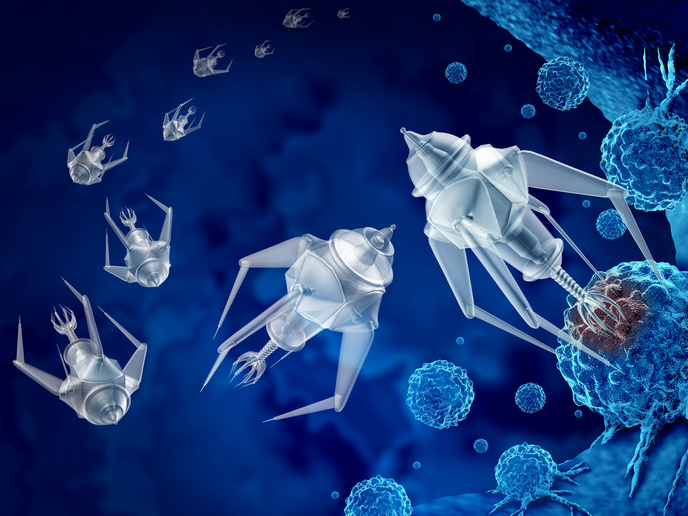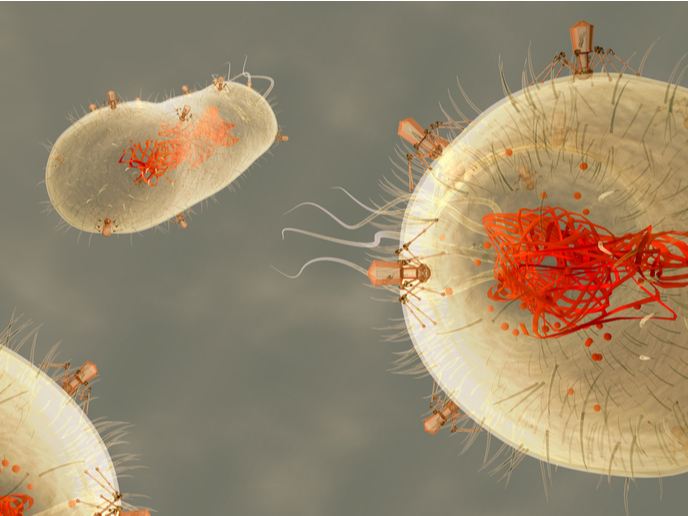Putting a block on malaria
Until recently the molecular control of gametocytogenesis has not been understood. Hence the laboratories involved in the project aimed to characterise the signalling pathways and the proteins involved in the onset of gametocytogenesis, such as Pfg27 and Pfs16. The 'Targeting malaria transmission through interference with signalling in Plasmodium falciparum gametocytogenesis' (Sigmal) project also aimed to define the role of phosphorylation of Pfg27. Phosphorylation of Pfg27 is an RNA-binding phosphoprotein essential to sexual development. It thereby helps to reduce the transmission of the disease to establish the role that protein kinases and proteins expressed play in differentiation of the gametocytes. Furthermore it is also possible to investigate the organisation of the signalling pathways, including the cyclic nucleotide and MAPK pathways and to establish biochemical assays for signalling protein kinases. Since the project's start some of the kinases analysed have been validated, by the use of reverse genetics, as possible targets for transmission blocking. One of these, Pfnek-4 has been adapted and over 12 700 compounds have been tested on this target.







